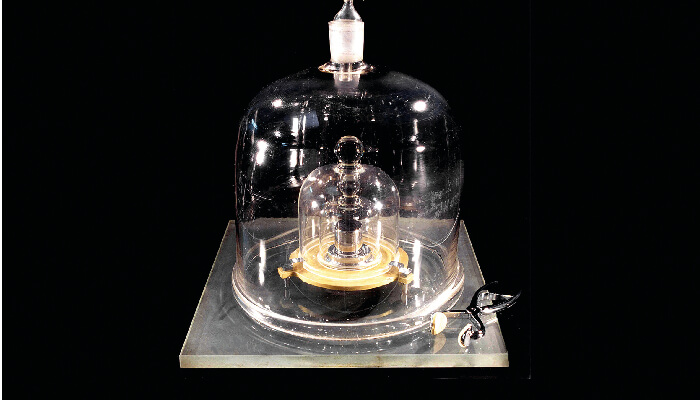For 130 years, the kilogram has been defined by the International Prototype of the Kilogram – a cylinder of platinum alloy housed at the International Bureau of Weights and Measures (BIPM) in Sèvres, France. Instead, the kilogram will be defined by the Planck constant – the fundamental constant of quantum physics. The ampere, kelvin, and mole will be defined by the elementary electric charge (e), the Boltzmann constant (k), and the Avogadro constant (NA), respectively.

When the changes come into effect on 20th May 2019, all SI units will be defined by reference to a fundamental constant, rather than a physical reference object (prototype).
Barry Inglis, Director of the International Committee for Weights and Measures said in a statement, “We will now no longer be bound by the limitations of objects in our measurement of the world, but have universality accessible units that can pave the way to even greater accuracy, and even accelerate scientific advancement.”
